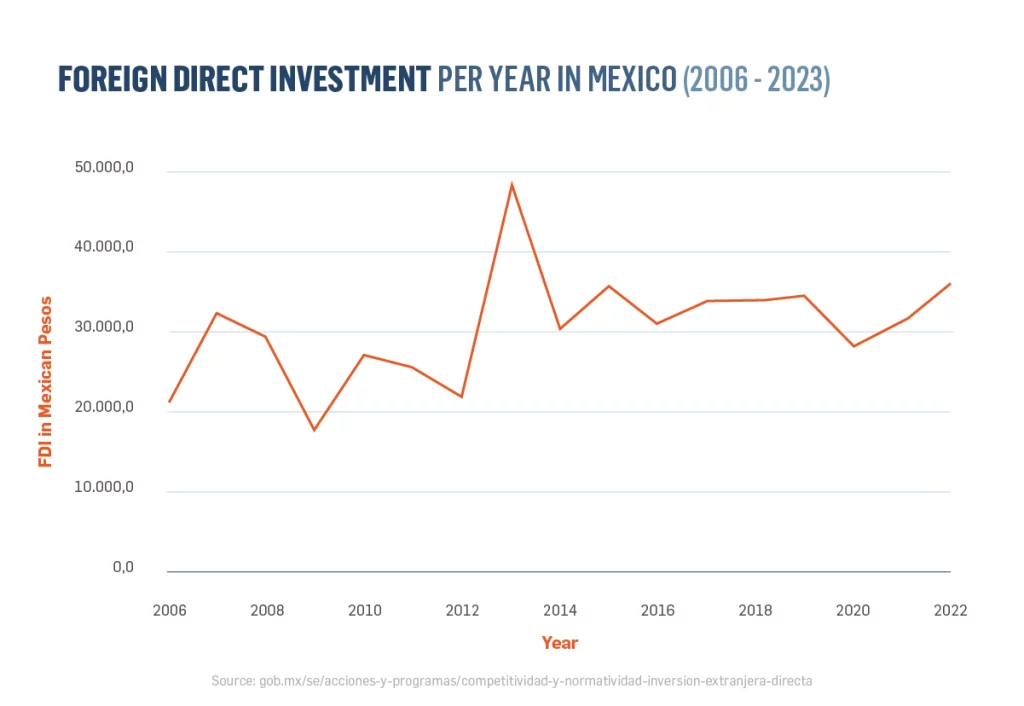The Increasing Significance of ESG in the Real Estate Sector

In today’s business landscape, environmental, social, and corporate governance (ESG) principles have taken center stage across industries. The real estate sector, in particular, has been identified as a major contributor to carbon emissions, accounting for approximately 40% of such emissions. As a result, it has become imperative for the industry to adopt sustainable measures and strategies to mitigate its environmental impact.
ESG principles encompass environmental care, social responsibility, and the promotion of human rights within organizations. These aspects are no longer seen as mere added value but rather as mandatory considerations. Companies are expected to adhere to ESG principles based on the United Nations’ 17 Sustainable Development Goals, as they play a decisive role in investment decisions and disinvestment across various industry sectors.
In the real estate market, ESG compliance is closely tied to the Paris Agreement, a global initiative aimed at combating climate change. The agreement, signed in 2015, has paved the way for the Taxonomy Regulation enacted on July 12, 2021. While the real estate sector has been less impacted by regulations compared to other industries, failure to meet ESG standards could pose challenges in securing financing. Several European banks have already begun favoring zero carbon business models in the medium term.
Key ESG Indicators
ESG indicators represent the areas evaluated by international sustainability, social responsibility, and governance indices. Some of the most important indicators include:
Ecological Footprint:
The impact of a company’s activities on the environment, including factors such as resource consumption and waste generation.
Carbon Footprint:
The measurement of greenhouse gas emissions, particularly carbon dioxide, resulting from a company’s operations.
Water Footprint:
The assessment of water usage and management practices, considering both direct and indirect water consumption.
Social Footprint:
The evaluation of a company’s social impact, encompassing aspects such as community engagement, labor practices, and supply chain management.
Sustainability indices and certifications play a vital role in achieving ESG objectives. Notably, two well-known sustainability indices are the Dow Jones Sustainability Index (DJSI) and the FTSE4Good Index. The DJSI recognizes publicly traded companies with exemplary environmental practices, while the FTSE4Good Index assesses multiple factors related to environmental, social, and corporate governance practices.
Implementing ESG Principles to Reduce Environmental Impact
To effectively reduce their environmental impact, companies in the real estate sector can follow these key steps:
Define Corporate Strategy:
Align ESG principles with the company’s activities and environmental impact. Identify stakeholders, such as shareholders, customers, collaborators, financial institutions, and industry organizations, to establish a long-term strategy that caters to their needs.
Understand the Global Context:
Stay informed about regulations and trends worldwide that guide sustainability initiatives. Adapting these criteria to the Mexican organizational context is essential for effectively applying ESG principles.
Pursue Certifications:
Seek certifications such as LEED (Leadership in Energy and Environmental Design) and BREEAM (Building Research Establishment Environmental Assessment Method) that endorse sustainability practices. Additionally, consider clean energy certificates awarded in Mexico. For societal and corporate governance aspects, certifications like the WELL Certification can evaluate the impact of buildings on tenants’ health and well-being.
At Advance Real Estate, we actively support Mexican companies in their ESG strategies by providing industrial spaces equipped to meet these principles. By embracing ESG and implementing sustainable practices, the real estate sector can contribute to a greener and more socially responsible future.




